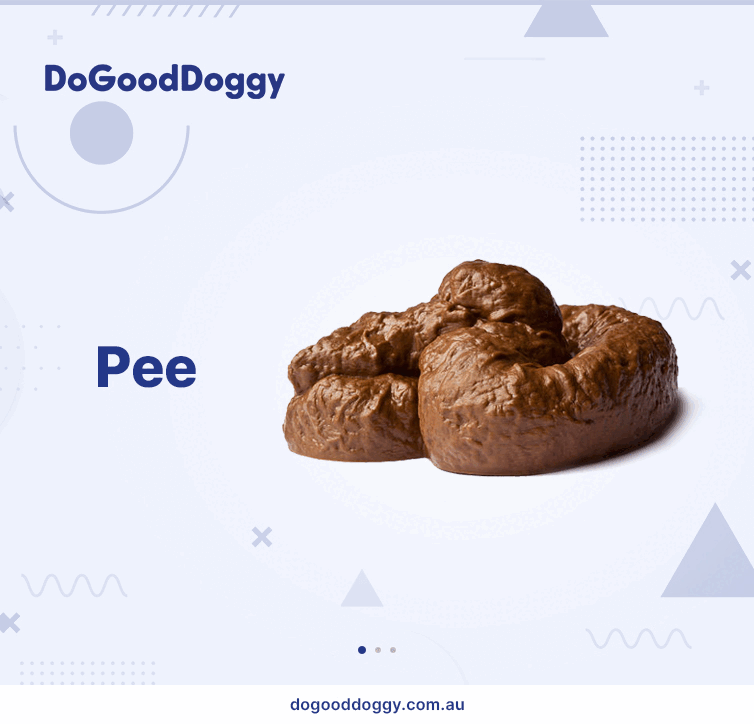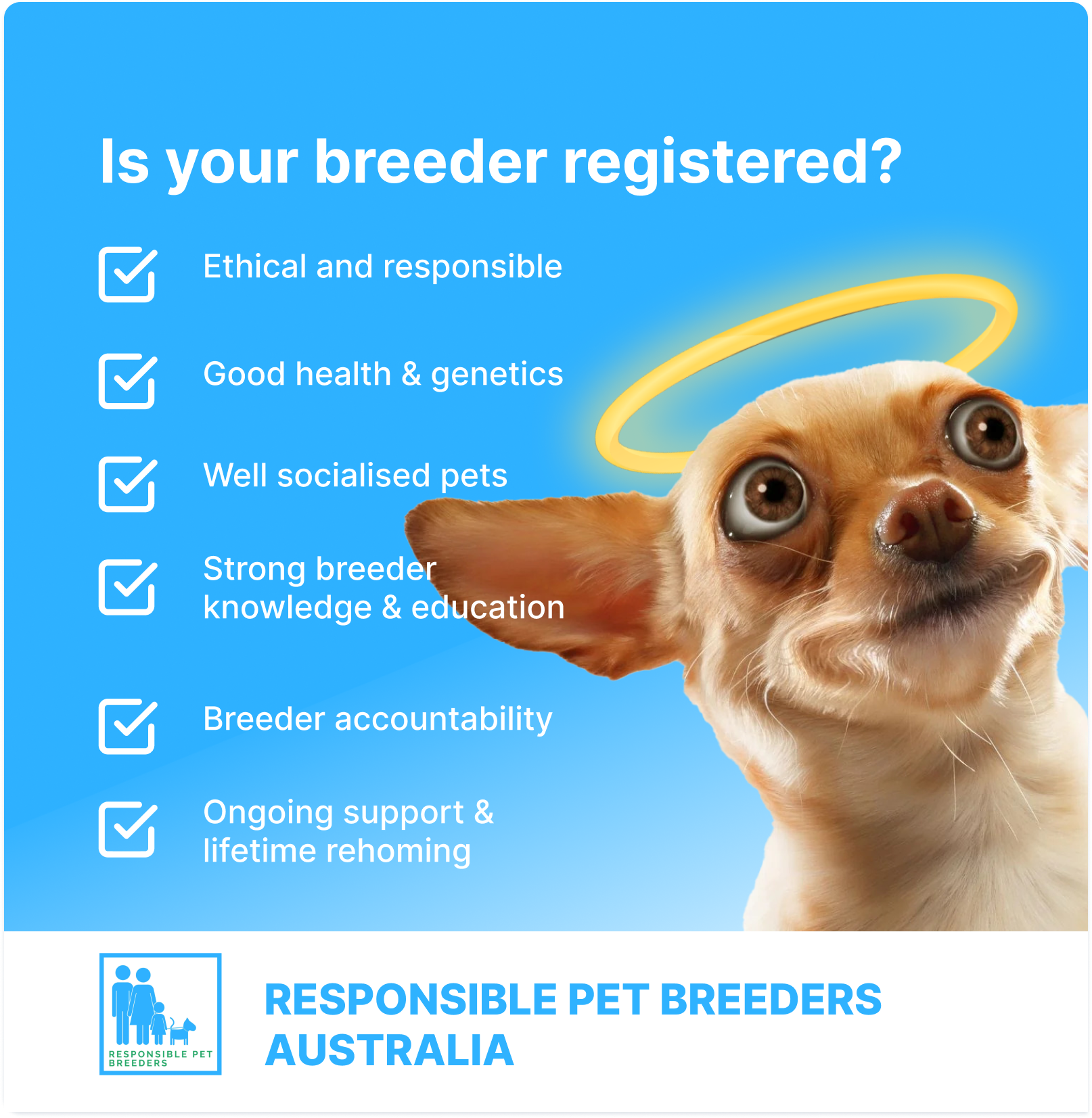7 Foods You Shouldn’t Give Your Dog
We all love to spoil our furry friends with our food now and then, and anyone who’s ever spent time with a Labrador or Golden Retriever knows how much they love to beg for scraps by the table. However, it’s essential to understand that not all human foods are suitable for dogs. Many items we consume can be harmful, if not deadly, to our four-legged companions. Let’s take a look at seven common foods that you should never feed your dog, along with the reasons and potential health consequences of doing so.
7 Foods You Shouldn’t Give Your Dog
1. Chocolate
Why it’s harmful: The primary toxic agents in chocolate are theobromine and caffeine. Dogs metabolize theobromine much more slowly than humans, which means even small amounts of chocolate can be toxic to them.
Potential risks: Symptoms of chocolate poisoning include vomiting, diarrhea, rapid heart rate, restlessness, seizures, and even death in severe cases. The darker the chocolate, the more theobromine it contains, so dark and baker’s chocolate are particularly dangerous.
2. Grapes and Raisins
Why it’s harmful: The exact reason why grapes and raisins are toxic to dogs is still a mystery to researchers, but these fruits can lead to kidney failure in dogs.
Potential risks: Consuming even a small number of grapes or raisins can cause rapid kidney failure in some dogs. Signs include vomiting, diarrhea, lethargy, and decreased appetite. If not treated promptly, it can be fatal.
3. Onions and Garlic
Why it’s harmful: Onions and garlic (and other members of the allium family, including chives and leeks) contain thiosulfate, which is toxic to dogs.
Potential risks: Thiosulfate can cause oxidative damage to red blood cells, leading to hemolytic anemia. Symptoms include pale gums, rapid breathing, lethargy, weakness, jaundice, and dark-colored urine. Garlic is less toxic than onions, but in large amounts or regular feeding, it can still pose risks.
4. Avocado
Why it’s harmful: Avocado contains a substance called persin, which can be harmful to dogs if consumed in large amounts.
Potential risks: While the amount of persin in avocados isn’t typically high enough to be deadly to dogs, it can cause vomiting, diarrhea, and gastrointestinal irritation. The pit can also be a choking hazard and, if swallowed, can cause blockages in the digestive system.
5. Xylitol
Why it’s harmful: Xylitol is a sugar substitute often found in sugar-free products, such as chewing gum, candy, baked goods, and toothpaste. While safe for humans, xylitol is extremely toxic to dogs.
Potential risks: Xylitol can cause a rapid release of insulin in dogs, leading to hypoglycemia (low blood sugar). Symptoms include vomiting, loss of coordination, seizures, and in severe cases, liver failure or death.
6. Alcohol
Why it’s harmful: Dogs metabolize alcohol differently than humans, making it more toxic to them.
Potential risks: Consuming even small amounts of alcohol can lead to significant intoxication for a dog. Symptoms include vomiting, diarrhea, decreased coordination, difficulty breathing, tremors, central nervous system depression, and potentially death.
7. Macadamia Nuts
Why it’s harmful: The exact cause of macadamia nut toxicity in dogs is unknown, but it’s a well-recognized phenomenon.
Potential risks: After consumption, dogs can develop symptoms within 12 hours, including weakness (especially in the hind limbs), depression, tremors, vomiting, and elevated body temperature. While these symptoms are generally non-lethal and resolve with supportive care, it’s best to avoid giving these nuts to dogs entirely.
Ensuring Your Dog’s Diet and Treats Are Safe
To ensure you’re offering the safest and most nutritious options for your dog’s food and treats, consider the following guidelines:
- Research Ingredients: Before introducing any new food or treat, research each ingredient’s safety for canine consumption. Remember, dogs have different metabolic processes and tolerances than humans, so what’s safe for us might not be safe for them.
- Check for Allergies and Sensitivities: Just like humans, dogs can have allergies or sensitivities. If introducing a new treat or changing their diet, monitor them closely for any signs of allergic reactions such as itching, swelling, hives, digestive upset, or difficulty breathing.
- Opt for Natural: When possible, choose natural, organic, and unprocessed ingredients. This minimizes the chances of your dog consuming harmful pesticides, artificial additives, or other potentially harmful chemicals.
- Avoid Bones and Fat Trimmings: While it might seem natural to offer your dog bones and fats from your meals, both can be dangerous. Bones can splinter and cause obstructions or tears in the digestive system, while fats can cause pancreatitis.
- Check Recalls Regularly: Whether you’re buying commercial dog food or treats, stay updated on product recalls. Occasionally, brands will recall certain batches of products due to potential contaminants or other safety concerns.
- Moderation is Key: Even with safe ingredients, offering them in excessive amounts can be harmful. For instance, while carrots are safe and nutritious for dogs, feeding them an excessive amount can upset their stomach.
Conclusion
Our canine companions rely on us to make the best decisions for their health and well-being. This includes being informed about what foods can pose a danger to them. If you believe your dog has ingested any of the toxic foods listed above, it’s essential to contact your veterinarian or an emergency animal clinic immediately. Always prioritize your pet’s health by ensuring their diet is both nutritious and safe.







